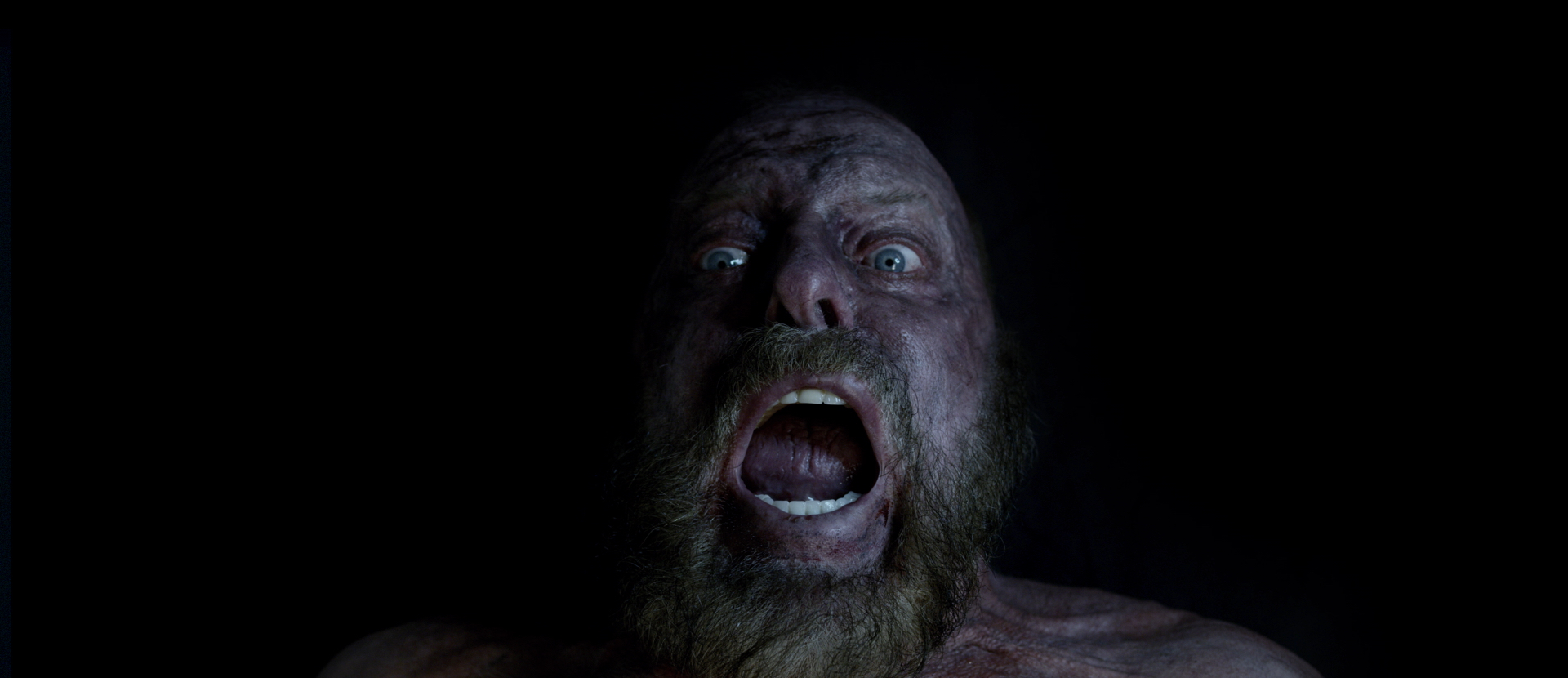With tension and existential dread to spare, The Block Island Sound asks us to question our understanding of the universe and our place in it.
Something strange is happening off the coast of Block Island. Thousands of dead fish keep washing up on the shores, countless birds are falling out of the sky, and at least one local family finds themselves in the middle of a mystery no one can solve. It’s the kind of phenomenon that drives conspiracy theorists wild because the only explanation is something truly unimaginable. It’s not a cover-up, and it’s not a prank. What’s unfolding on and around Block Island is something too strange for fiction.
The Block Island Sound is a timely horror feature that feels timeless in many ways. The McManus brothers present viewers with a harrowing glimpse of nature’s decline through the eyes of Harry, a Block Island resident grappling with grief and an escalating series of inexplicable visions. It’s a bit like watching The X-Files told from the victim’s perspective, but Mulder and Scully are not coming to save the day. Harry’s experiences are his alone, and a creeping sense of impending dooms slowly pulls him further and further away from those that love him most.
As Harry searches for answers, The Block Island Sound offers little clues or explanations for the events unfolding on screen. The only insight comes from Dale (Jim Cummings), a local conspiracy theorist and friend of Harry whose wild ideas regarding the dead animals piling up around town become less strange with time. Harry doesn’t believe the government is trying to control things, but he cannot shake the feeling that something is calling him. He’s increasingly distracted, and each morning he awakes to find he cannot recall what happened the night before.
The lead performance from Chris Sheffield is strong and memorable, but the real star of Block Island Sound is cinematographer Alan Gwizdowski. The look and feel of the film are indistinguishable from studio productions. That aesthetic elevates every element of the story subtly, and that adds dramatic heft to each turn.
While the McManus brothers’ script sustains tension through a series of bizarre events, each a bit more off-putting than the last, their narrative begins to unravel as the climax builds. The story focuses so heavily on Harry’s declining mental state that it almost forgets to offer a reasonable resolution. The only saving grace is a late third act narration, which feels like a last-minute addition to ensure audiences could make sense of what they were witnessing. It’s hard to know whether its presence speaks to the brothers being unsure of themselves or their audience, but it’s a flinch that nearly spoils an otherwise haunting experience.
Substream is covering Fantasia Fest 2020! Click here to read more reviews from the world’s most important genre festival.













